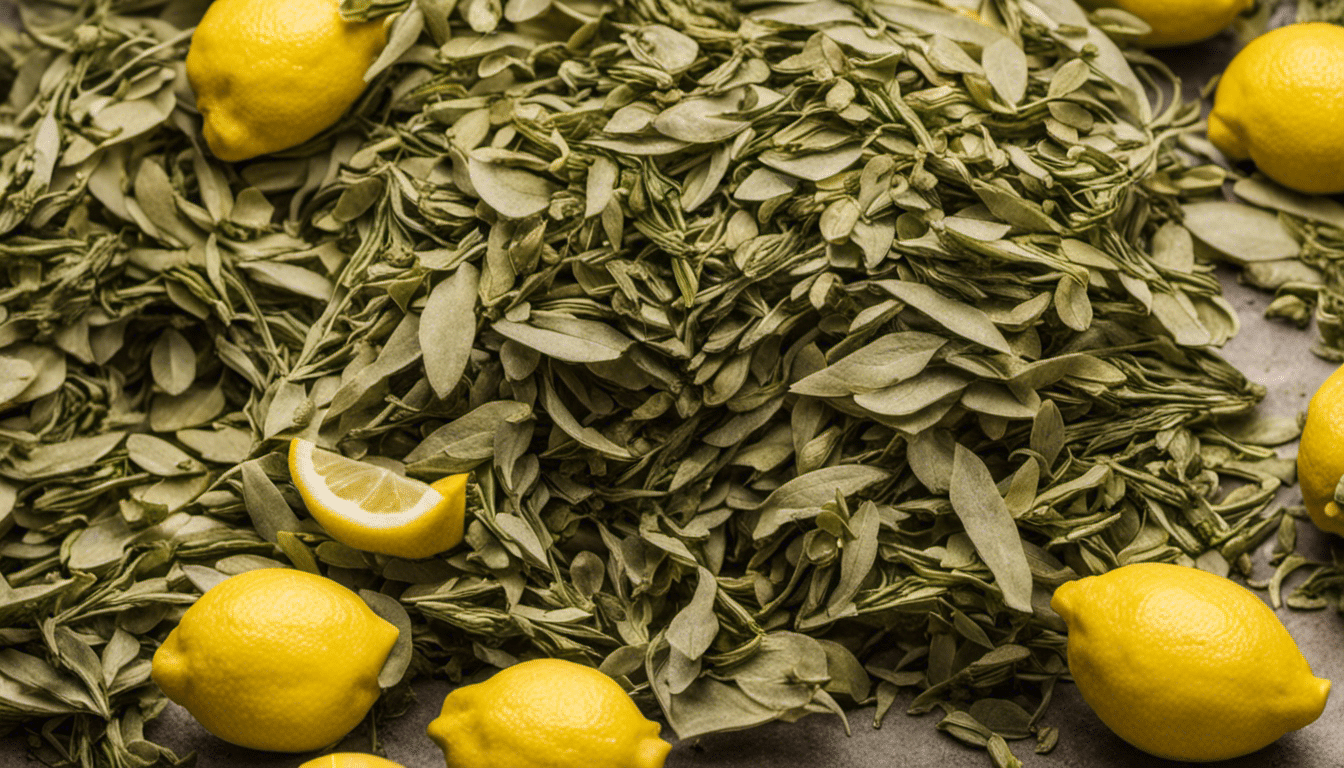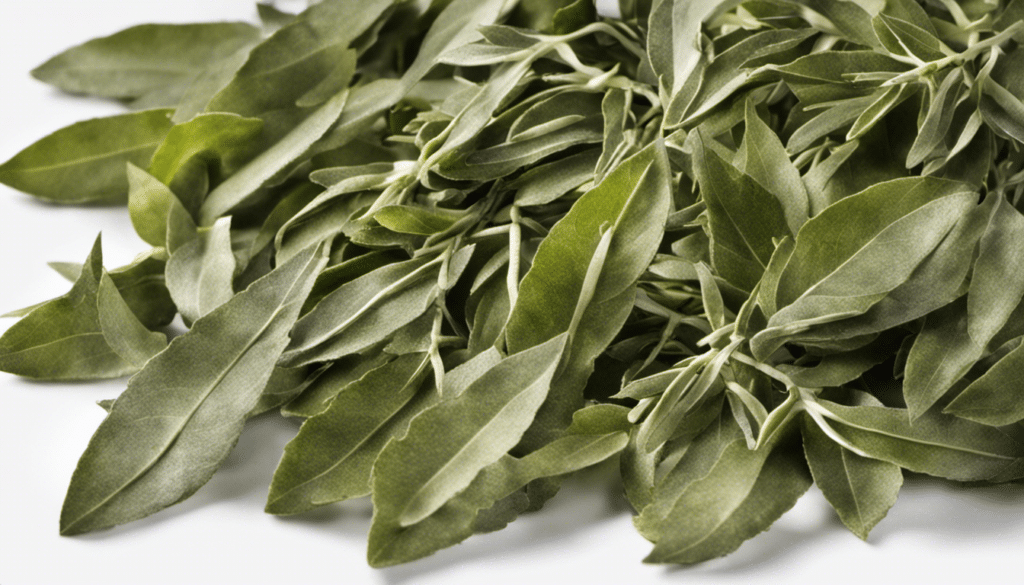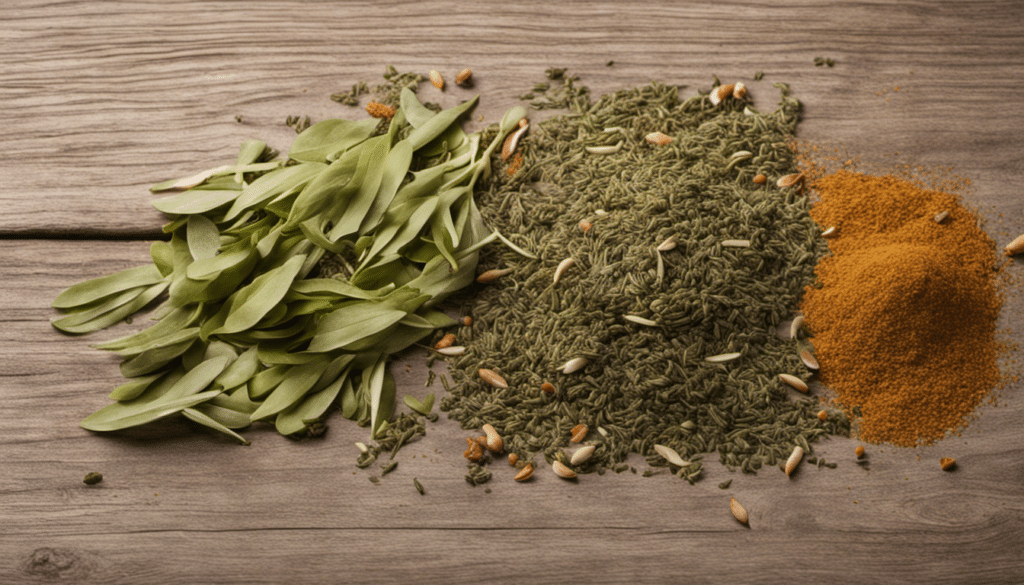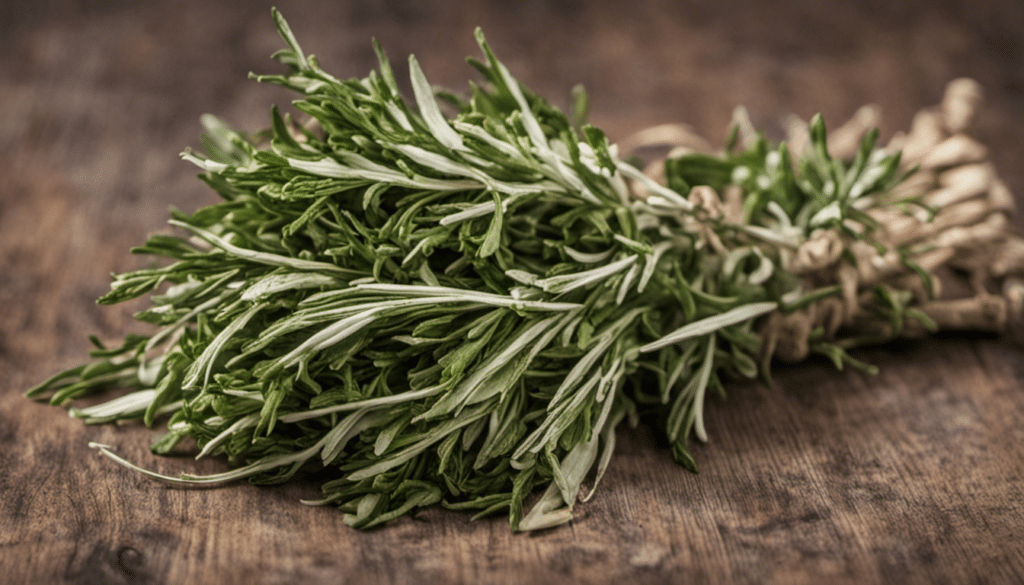Everything You Need to Know About Leomon Basil

An Introduction to Lemon Basils
The world of herbs is vast and incredibly diverse, but today, we shall single out a particularly unique type, known as the Lemon Basil. Also known by its scientific name, Ocimum x citriodorum, this plant surprisingly doesn’t stem from a single botanical origin but is a hybrid between two basil strains, the American and the East Indian basils. While it’s most commonly recognized as Lemon Basil, it’s sometimes also referred to as Thai Lemon Basil or Lao Basil due to its prominent use in their cuisine.
Lemon Basil has a distinctive aroma, which, as the name suggests, shares a striking similarity with lemons. This unique fragrance is because of the high concentration of a compound known as citral in its leaves, the same substance found in lemons. This, along with its smooth texture and the slight sweetness it provides, makes it an incredibly sought-after additive in various dishes, particularly in Asian cooking.
Origins and Usage of Lemon Basils
Though its precise origin is a bit muddled, the consensus seems to lean towards the belief that Lemon Basil originated in Northeastern Africa and Southern Asia. However, its use has spread across the globe, taking root (pun intended!) in European, American and particularly Southeast Asian cuisines. In these cuisines, it’s often used fresh in salads and incorporated as a finishing touch to dishes, adding a burst of tangy flavor thanks to the citral noted earlier. For a comprehensive guide on Asian herbs, you can check here.
Health Benefits of Lemon Basils
Like many herbs, Lemon Basil isn’t just good for the taste buds; it offers a variety of health benefits too. Rich in vitamin C, it helps build your immunity and aids in the production of collagen, a protein vital for the health of your skin and joints. Alongside this vitamin, the herb contains significant amounts of minerals like potassium and magnesium.
Traditional medicine often uses Lemon Basil to help soothe indigestion and alleviate symptoms linked to the common cold or flu. It’s also said to provide mild anti-depressant effects, owing to the presence of rosmarinic acid, which may help regulate mood. To read more on this subject, you can refer to the research published on the National Center for Biotechnology Information website.
One of the most appealing characteristics of Lemon Basil is its versatility. Whether you’re cooking a gourmet meal, making a smoothie, or just brewing an aromatic cup of tea, Lemon Basil has a place. Its unique aroma, delicious taste, and numerous health benefits all contribute to making this herb a truly special part of the culinary world. And while it may not be the most widely recognized of basils, it’s a herb well worth getting to know.



